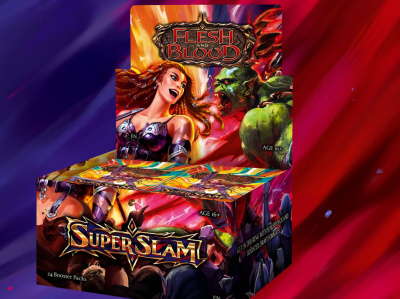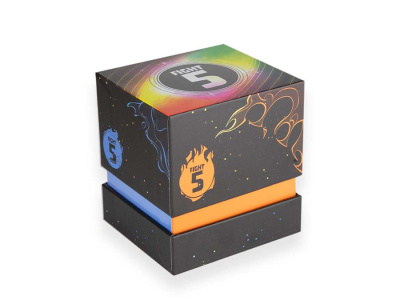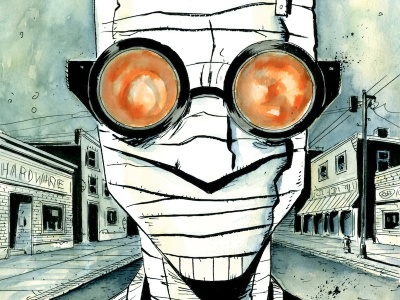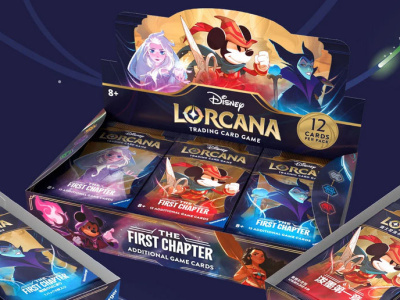As we pass into 2017, we look back on the Top Five major events in the hobby games business that had a big impact or have the potential to have long-term effects.
#1 – Hobby Games Hit $1.19 Billion
For the first time since we started estimating the size of the hobby games market, our estimate passed $1 billion and approached $1.2 billion in 2015, according to the numbers we reported in 2016 (see “Hobby Games Market Nearly $1.2 Billion”). 2015 was the seventh consecutive year of growth, an amazing run for any business category (see “Seven Years of Plenty”).
#2 – Asmodee’s Roll-Up Adds Two Big Prizes
Asmodee’s roll-up of North American game publishing continued apace in 2016 with the acquisition of two huge groups of rights. In January, the company acquired worldwide English language rights to the granddaddy of hobby board games, Catan, from Mayfair Games (see “Asmodee NA Gets ‘Catan’”). And in July, the company acquired F2Z Entertainment, giving it control of Pandemic, Dead of Winter, English and French rights to Carcassonne, and French rights to Catan, among many others (see “Asmodee Acquiring F2Z Entertainment”). These join Asmodee’s own North American publishing as well as the Fantasy Flight and Days of Wonder lines, creating a powerhouse of hobby game publishing.
#3 – Chains Move Heavily Into Hobby Games
Although there were lots of examples of this phenomenon, the two biggest came from chains that had previously already made big moves into hobby games. Barnes & Noble began hosting game events at its 600+ U.S. stores in April, and followed up with another chain-wide event in October (see “Barnes & Noble Tabletop Gaming Meet Up Returns”). And Target made a huge move by lining up 50 exclusive games, many exclusive versions of hobby stalwarts, for Fall (see “Target Announces 50 Exclusive Games”). And in what could be a harbinger of a different kind of chaining of the games business in America, Australian chain Good Games opened its first store in the U.S. in August (see “Australian Game Store Chain Opening First U.S. Store”).
#4 – Magic Judges Sue Wizards of the Coast
This was best described in our initial coverage of these lawsuits: In two federal court cases with a potentially huge impact on how organized play for tabletop games is conducted, judges for Magic: The Gathering events have alleged that they are employees of Hasbro subsidiary Wizards of the Coast and due employee rights and pay (see “Are ‘Magic’ Judges Employees?”). Community has been a huge force behind the growth of hobby games, and the willingness of gamers to participate in organizing that community something that publishers have encouraged. Now the nature of that relationship is being tested, with laws that prohibit for-profit companies from using unpaid labor the focus. Late in the year, Wizards of the Coast eliminated its Dungeons & Dragons volunteer program and suggested that volunteers instead participate in a non-profit organization (see “WotC Eliminates Its ‘D&D’ Organized Play Volunteers”).
#5 – CMON Raises $10 Million, Shares Public
In a multiple-step process, CMON Limited raised US $10 million in a private placement and put its shares on a Hong Kong exchange for smaller growth companies. This gives the game publisher access to additional capital to fuel expansion and a public valuation for its shares, which can be used in employee incentive programs and for other purposes. The effects will be felt in 2017, following these December events.
For our Top Five in a related field, check out the Top Five 2016 Comics Business Events.








